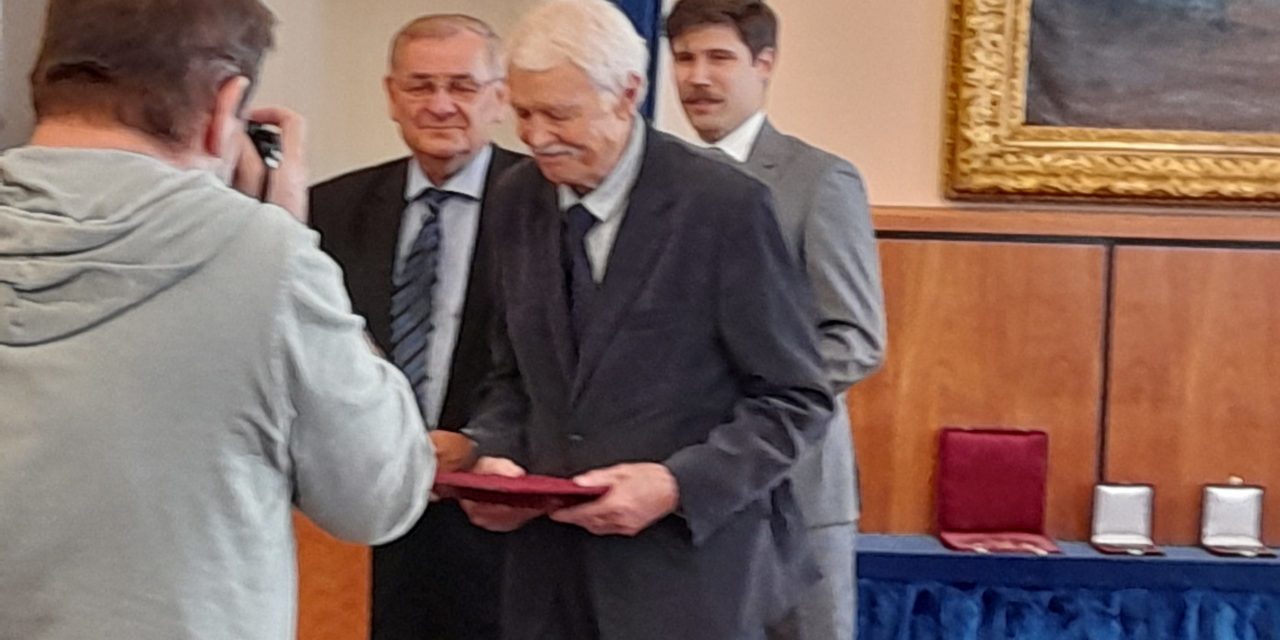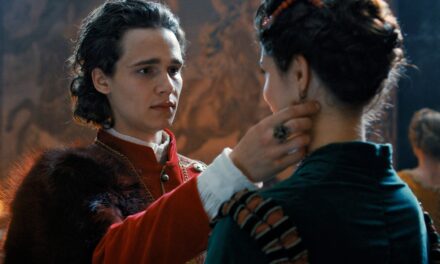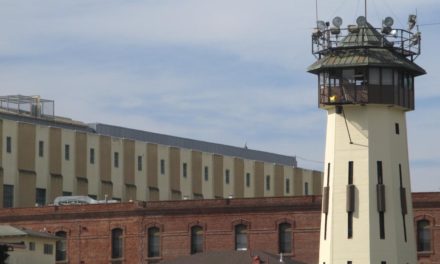As with so many date-bound celebrations that had to be canceled last year due to the epidemic, the presentation of the Gábor Bethlen Award, the Áron Márton Memorial Medal and the Pál Teleki Medal of Merit took place at the end of last week at the traditional venue of the event, the in the ceremonial hall of the Vármegyeháza of Pest.
"You can't always do what you have to do, but you always have to do what you can" - it started in the spirit of the famous saying from Prince Gábor Bethlen's flag and a quote from Pál Teleki: "it is difficult today to walk on the right path, but it is possible" accompanied the celebration throughout , whose participants greeted not only the awardees, but also the jubilant foundation itself.
The first civil organization of the Kádár era, bringing together Hungarians across the border, was born 40 years ago on the initiative of Gyula Illyés, Zoltánné Kodály, László Németh, and Sándor Csoóri, the Bethlen Gábor Foundation. When their founding application was rejected by the party bodies, they operated semi-legally on the advice of the Minister of Culture Imre Pozsgay for five years, until in 1985 the authorizing ministerial decree was published with the signature of Béla Köpeczi, which was also published by the press, but their calls were ignored.
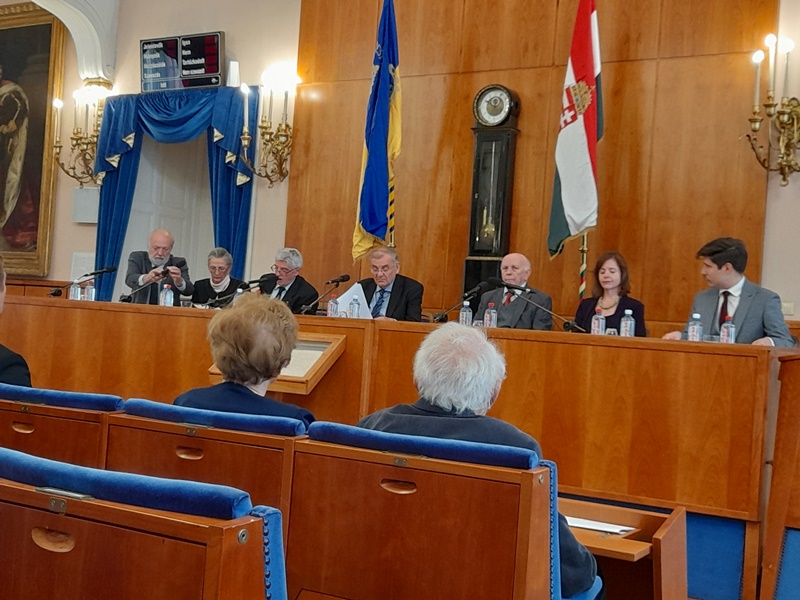
The board of trustees/ Source: Felvidek.ma/Judit Ccervenka
The seven-member board of trustees elected by the founders: president János Márton, secretary Gáspár Nagy, members István Bakos, Csaba Gy. Kiss, Zoltán Krasznai and the rural secretary Sándor Lezsák held its first award ceremony on June 21, 1986 at the Institute for the Blind. The first Gábor Bethlen Award was given to an 85-year-old scholar fighting for Hungarianness: Péter Pál Domokos, the apostle of the Csángós, whose work was praised by the ethnographer Bertalan Andrásfalvy.
Now, in his 90th year, the ethnographer Bertalan Andrásfalvy, former Minister of Culture and Public Education, received the Bethlen Gábor Award, and his honoree was the cultural historian István Bakos, the former founder, whose curatorial work for 40 years was recognized by Sándor Lezsák with an extraordinary Bethlen Gábor Award , chairman of the board of trustees on June 4, the day of national unity. This is how roads leading in one direction connect.
Bertalan Andrásfalvy's scientific career and mission are tied to the fate of the Hungarian nation - it was said in the eulogy. Already in his writings before the regime change, for example in The Tree of Life of Magyarság, he drew attention to the historical-demographic situation of the Hungarian ethnic groups in the Carpathian Basin, critically evaluating the declining vitality, number and proportion of Hungarians. To remedy our problems, to acquire the education and value system that renews public morality; he encouraged parents and youth to make meaningful sacrifices and raise more children.
He dealt with almost every branch of ethnographic science; making a lasting impression in some areas, because in all his works he presented the coexistence and harmony of landscape, man and community, the expediency of farming traditions, the value system of his time, and the lessons that can be used in today's world, with argumentative thoroughness. It is no coincidence that Andrásfalvy's proposals based on past experiences came to the fore again in wider professional circles in the protest action against the construction of the Bős-Nagymaros barrage, in the promotion of ecological farming, or in connection with the devastating Tisza flood. The fact that he could not be a member of the Hungarian Academy of Sciences characterizes both the Hungarian academic qualification and the social division, the danger of which he repeatedly drew attention to as an esteemed member of the Hungarian Academy of Arts or as president of the Council of Hundreds. He himself, as the Minister of Culture and Public Education of the government elected in 1990, did everything he could in the crossfire of unworthy attacks for his treatment of a culture that creates mutual responsibility and solidarity, and for education. "I will answer whether I did my best before a judge fairer than posterity, not long after."
At the first award ceremony of the Bethlen Gábor Foundation, Péter Pál Domokos, the recipient of the award, asked as a thank you that the board of trustees - in recognition of human dignity - create an award bearing the name of Áron Márton. His wish was granted.
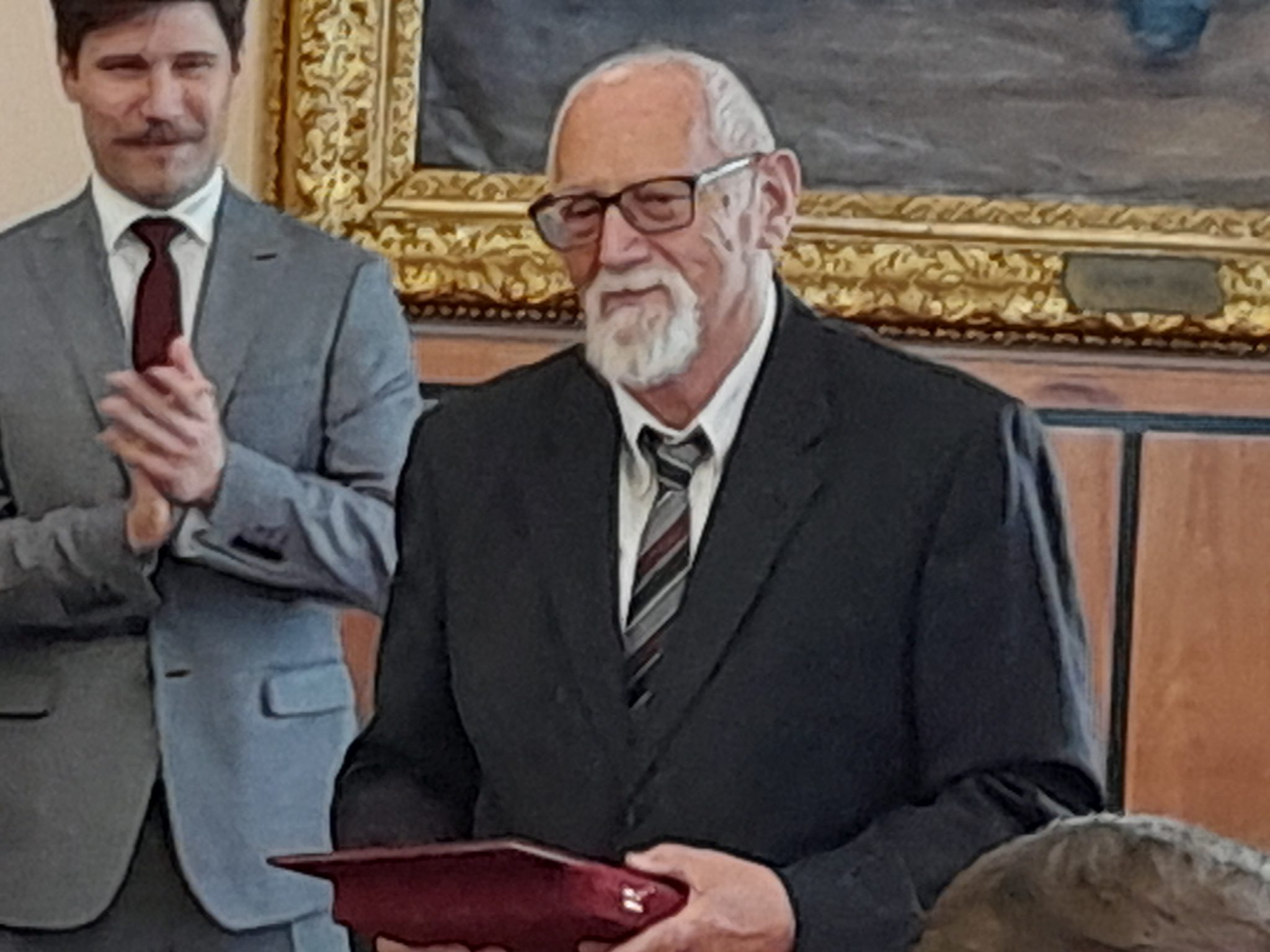
György Szövényi/Source: Felvidek.ma/Judit Ccervenka
Now the Áron Márton Memorial Medal was awarded to Zsolt Szövényi, a pedagogic writer and civil servant, who - as we heard from his admirer, the literary historian Zoltán Bíró - humbly and faithfully served teacher training. He has always carried out his work with the sense of responsibility, no matter how the ministers have changed, that it depends on the quality of teacher training in higher education - not only its professional quality, but also its intellectual and moral quality: what kind of teachers will work in the lower and secondary schools, what kind of capable and dedicated young people will be in the into higher education, and finally: what value will the nation's intellectuals have as a whole.
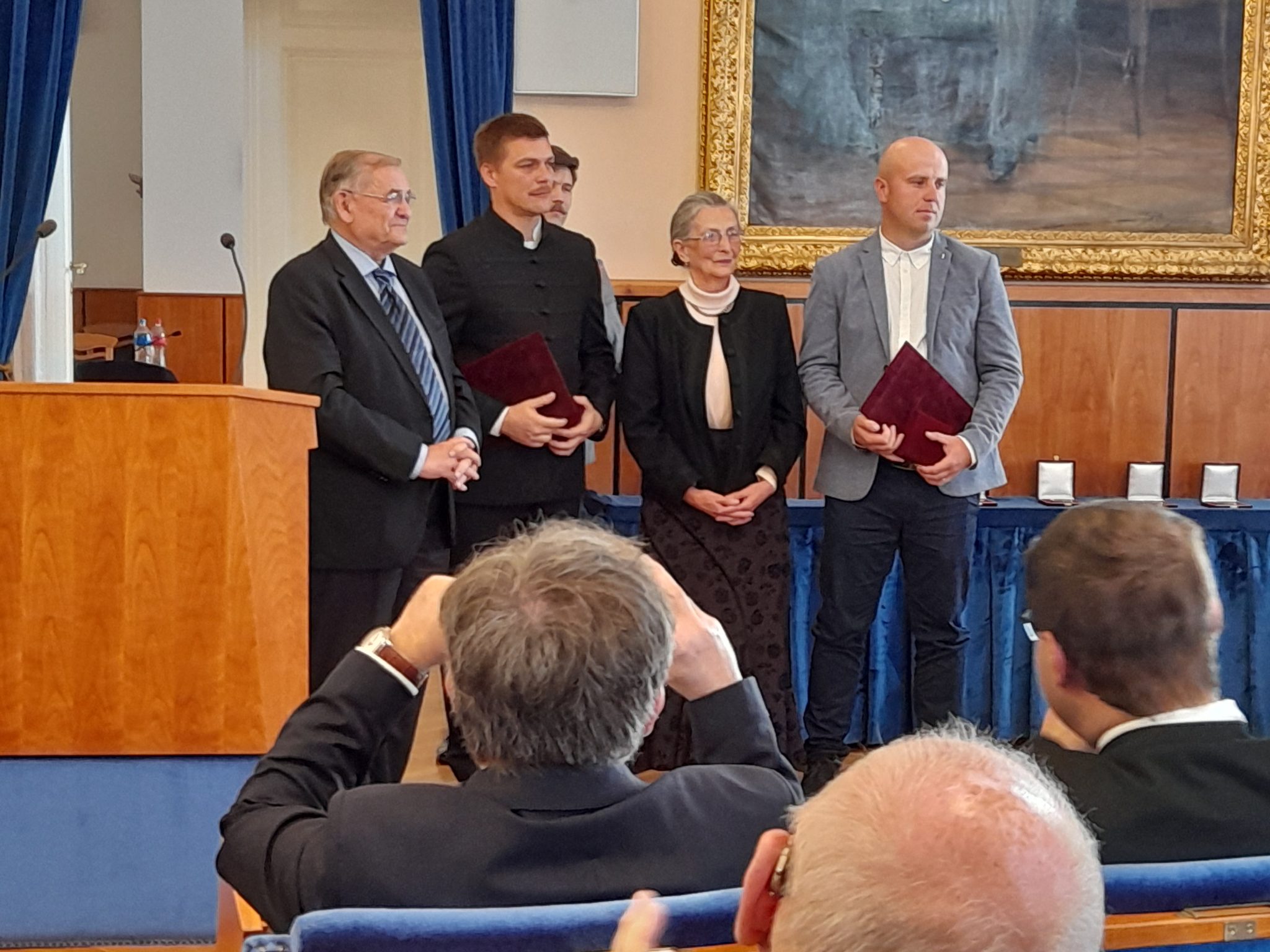
István Beke and Zoltán Szőts, including curator Rozália Magyary (Photo: Judit Ccervenka)
The recipients of the Teleki Pál Medal are: István Beke and Zoltán Szőcs, two young men from Székelyföld who were convicted of terrorism in Romania and recently released on parole. Rozália Magyary concluded their eulogy with the thought that we cannot take the burden of their cross off them, we can only help them carry it by making their truth public. István Beke, who thanked the award on behalf of both of them, spoke about the famous map of the award's namesake, Pál Teleki, and how it evokes different emotions in everyone. He thanked the solidarity and concluded by saying that if his hometown, Kézdivásárhely, feels the need and calls him, he will stand at the barricades.
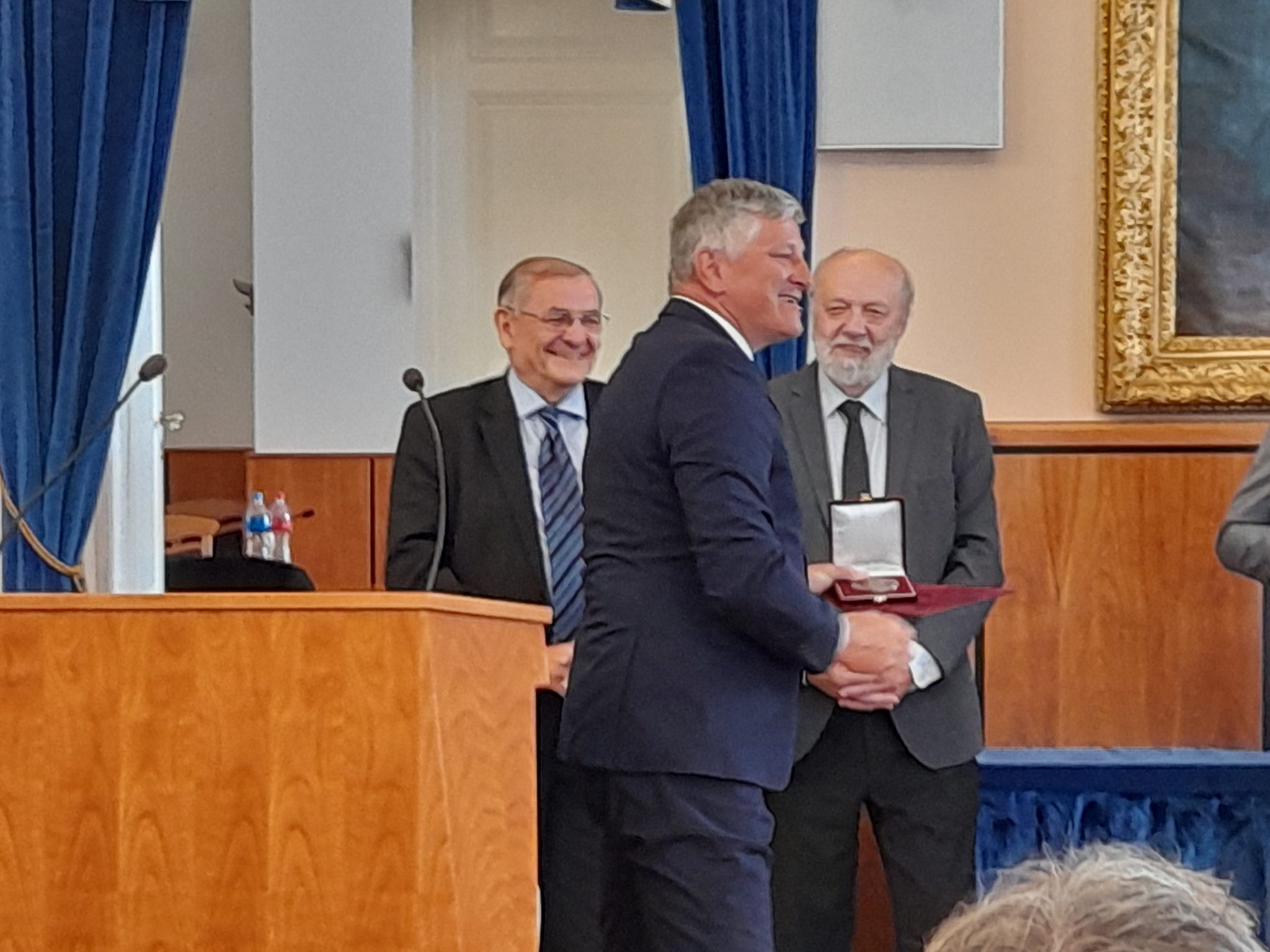 István Grezsa in the foreground, Sándor Lezsák and András Gy. Szabó behind him (Photo: Judit Ccervenka)
István Grezsa in the foreground, Sándor Lezsák and András Gy. Szabó behind him (Photo: Judit Ccervenka)
The work of doctor István Grezsa, Ministerial Commissioner responsible for the development of cooperation between Szabolcs-Szatmár-Bereg County and Transcarpathia and coordinating the kindergarten development program in the Carpathian Basin, was praised by the performance artist and literary historian András Gy. Szabó. He pointed to the inheritance determined by his parents' house, which István Grezsa received from his father, an excellent literary historian, Ferenc Grezsa, the president of the Németh László Társaság. As a doctor for years, as a founding member of the MDF, as a representative from Hódmezővásárhely, and since 2015 as a ministerial commissioner, he stands up for the task assigned to him, even if, like the last time, he is banned from the territory of Ukraine for two and a half years. Even so, he does not leave the Hungarians of Transcarpathia alone, who have suffered a lot, and confesses that it is only with great humility and a lot of work that the shadow of Trianon can be overcome.
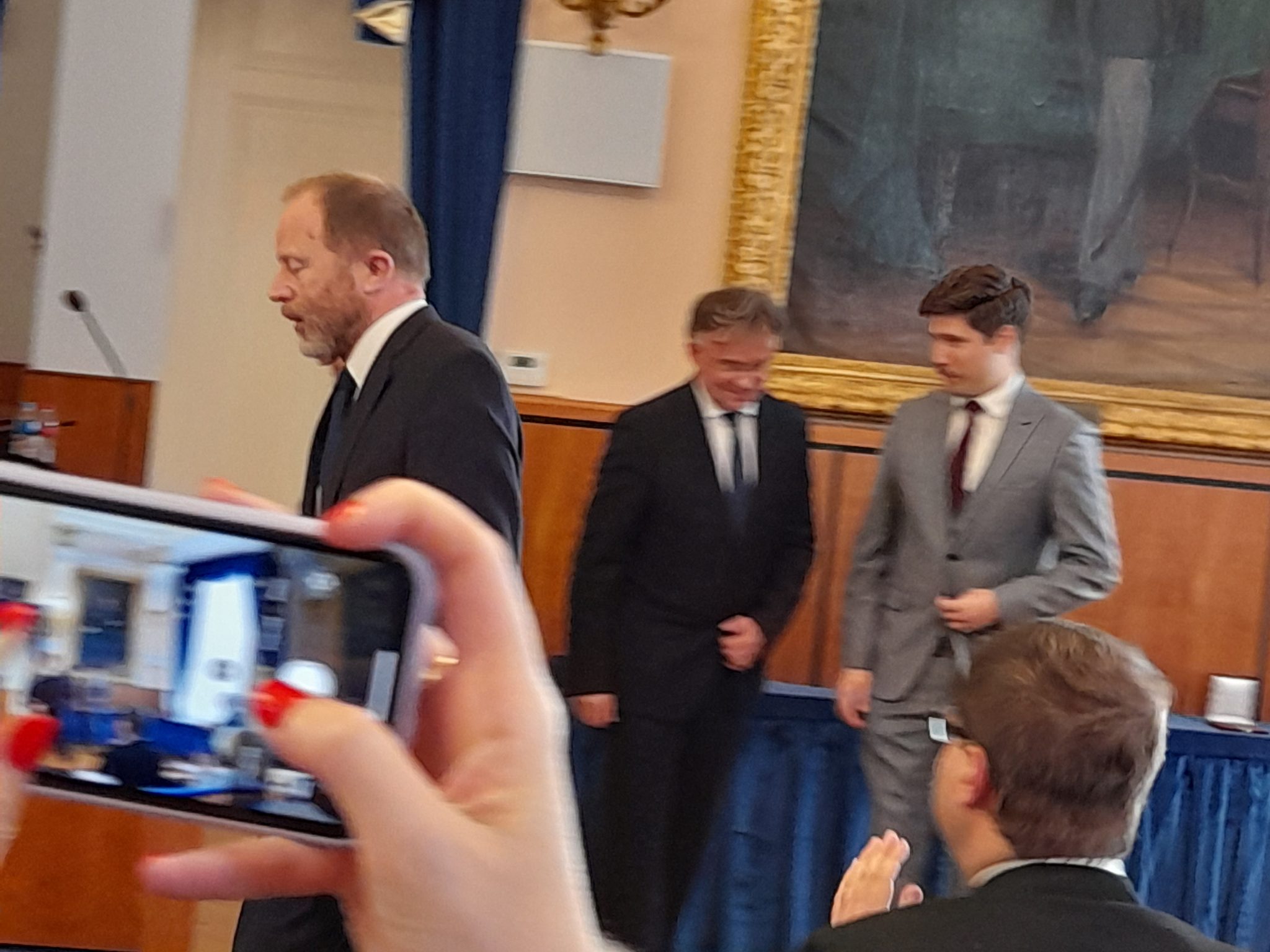
Ferenc Gyurácz/Source: Felvidek.ma/Judit Cservenka
Writer Ferenc Gyurácz, editor-in-chief of the Vasi Szemle, head of Magyar Nyugat Könyvkiadó, who considers it natural that people of spirit have a duty to serve their community, that is why he remained loyal to his narrower homeland, Western Hungary. Admirer: Béla Petrik couldn't help listing his books and studies, which, whether they are about the popular movement, the organic development of the nation, environmental protection or even populism, all point in the same direction: to serve his community.
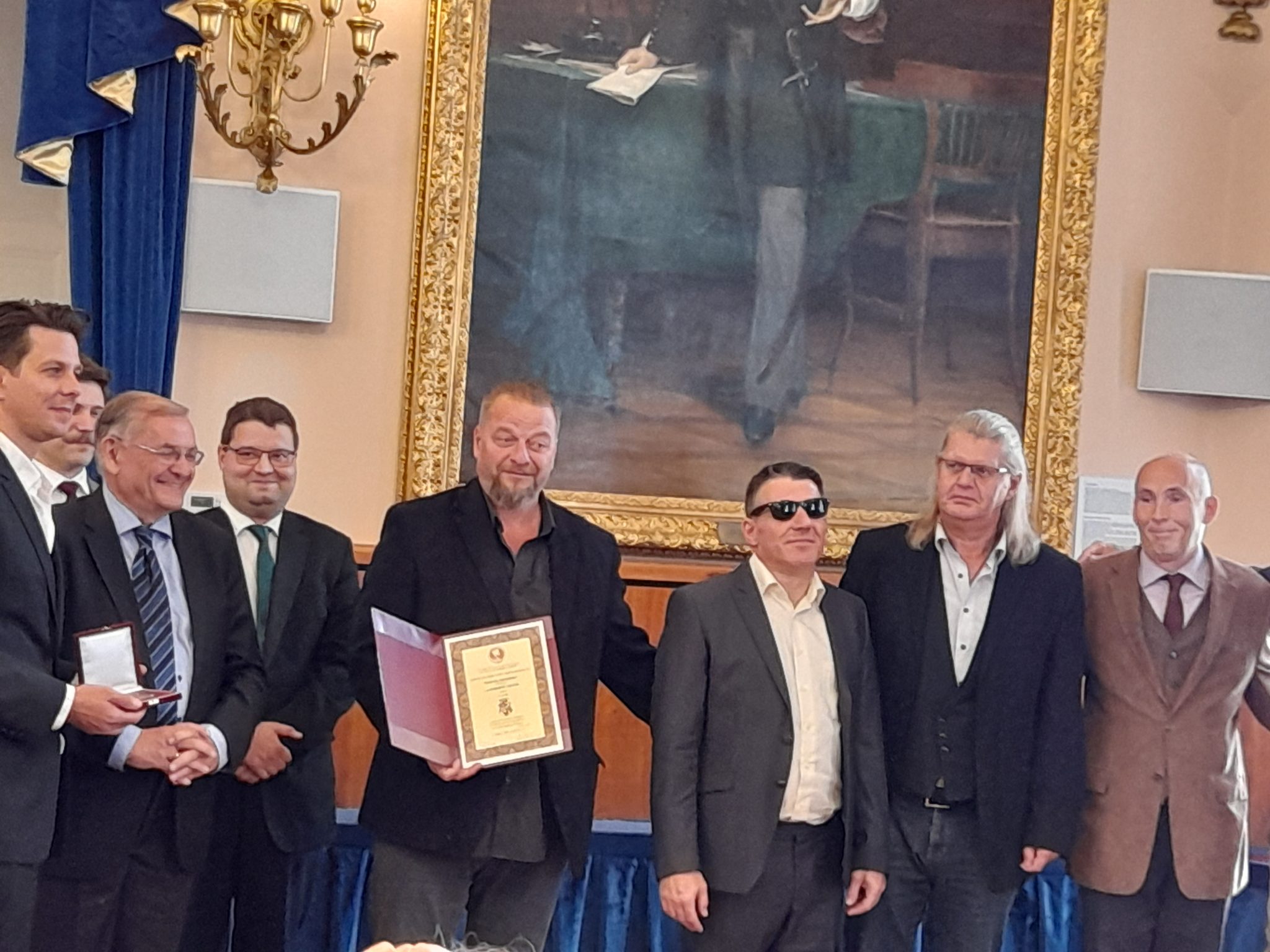
Familiar Faces/Source: Felvidek.ma/Judit Ccervenka
If many people learned Ferenc Gyurácz's name only now, when he received the Teleki medal, the historian Zoltán Nagymihály could have skipped the presentation of the Familiar Faces group, since they are known not only in the Carpathian basin, but also beyond the sea, and sing along with them that "we are of one blood". Their best-known song was therefore called the anthem of togetherness. Still, it was worth saying that there are no coincidences: the band was founded on October 23, 1999, and it doesn't hurt to be aware that singing about nation, homeland, and family does not always promise recognition. But can there be a greater recognition than when a song is sung as an anthem by the community for which it was intended? Although their faces are familiar, their names should also be here: Attila Nyerges, István Tánczos, Tamás Kovacsik, Nándor Galambos, Vilmos Prádr, Szilveszter Leczó, Mihály Tóth.
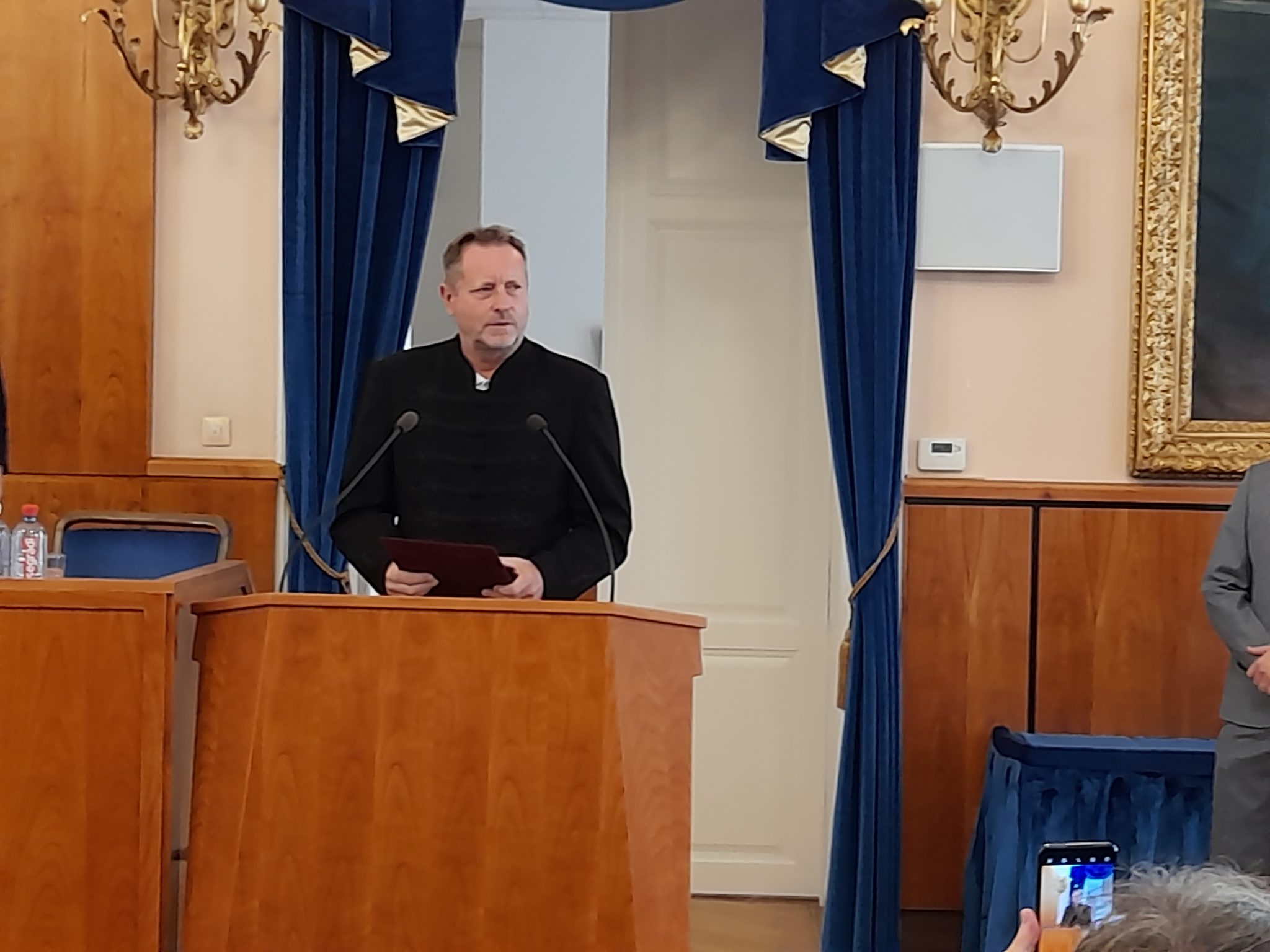
Lajos Kassai/Source: Felvidek.ma/Judit Ccervenka
Master bow maker Lajos Kassai, the creator of modern horse archery, should not be introduced or praised, but it is still nice to listen to the stories of Sándor Lezsák, because this way we could learn how simply, in just three words, Lajos Kassai formulated the essence of horse archery: rhythm, balance and purpose.
And it doesn't hurt to repeat what he says, that one should not follow the ancestors, but what the ancestors followed.
Lajos Kassai thanked the award with a quote of a few sentences. He did not say that it was a quote, nor who wrote it, because he assumed that all those present recognized that they were hearing part of István Dobó's oath from the Egri stars. The shock was replaced by serenity in an instant: the little one of the horse archer's two small children cried in his mother's arms.
All that was left of the ceremony was for Henrietta Ónodi from Cluj to receive a scholarship for the Future of Székelyföld, with which she can continue her studies on the master's program in ecology. Sándor Lezsák gave his closing words, reminding us of the true path, which is difficult to follow, but the lives of the honorees prove that it is still possible.
Source and photo: Judit Ccervenka/ Felvidék.ma

